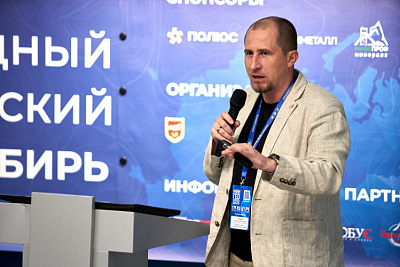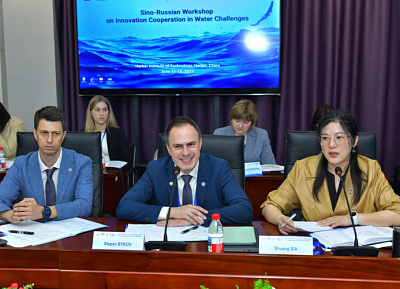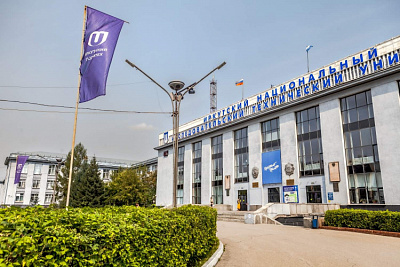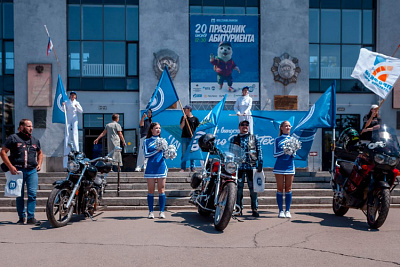Participants of the 24th session of Winter Uni at INRTU shared their first impressions about the workshop
The 24th session of Baikal Winter Urban Planning University, dedicated to the preparation of the concept of the development of Usolye-Sibirskoye, continues its work at INRTU. The participants got their first insight into the city from online lectures conducted by practicing architects and professors from universities in Russia and Austria.
The workshop is attended by students and young specialists from Russia, Syria, India, Moldova, and Mongolia.
Participants attended more than 20 online lectures during two weeks before the beginning of the event. Experts talked about planning sustainable cities, shaping of cultural and social framework of the territory, the development of industrial monotown and chemical industry clusters. For example, Michael Klamer, a professor of the Vienna University of Technology, shared examples of Austrian urban redevelopment. Daria Efremova, a specialist from Ufa, devoted her presentation to the participation of citizens in urban planning. The teams were also given a brief overview of the architectural heritage of Usolye-Sibirskoye.
The lectures will help the designers to work on five directions: historical and administrative center, industrial hub, brick factory and station area of Usolye-Sibirskoye. At the end of the training, the teams prepared presentations summarizing the image of Usolye-Sibirskoye.
Anastasia Fedyunina, a graduate of FEFU, a master's student at Shanghai Jiao Tong University, was included in the group "Station area". The participant of Winter Uni emphasizes that the online session helped her to understand the issues of future design in details:
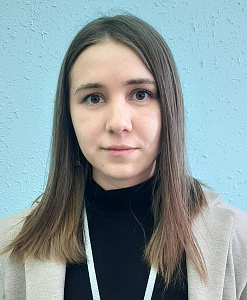
"We learned a lot about the development of monotowns, got acquainted with the history of Usolye-Sibirskoye and the condition of the local environment. Having arrived in Irkutsk last weekend, we made a presentation about the main problems of the city. Mainly these problems are connected to bad ecology and outdated housing stock.
We need to prepare recommendations for the improvement of the station area now. It is an interesting place with the intersection of transport routes and a tramline. That's why it is possible to arrange a comfortable guest route here. There is an unused beautiful old wooden building next to the station. This building can be turned into a museum. It is also necessary to pay attention to the connection between the station area and the river embankment".
Anastasia already has an understanding of workshops. For example, during the Summer School of Urban Planning in Shanghai she was interested in the renovation of old urban areas. According to Anastaisa, it is possible to apply foreign experience in Usolye-Sibirskoye. This will help to make the station area not only a transportation hub, but also a modern public and business place.
Gulgena Muratova, a student of Kazan State University of Architecture and Civil Engineering, shared her first impressions. In her opinion, the key value of Winter Uni is that it enriches professionally:
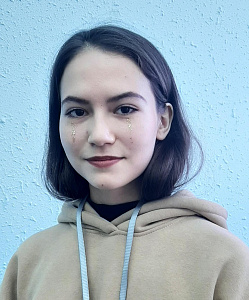
"Representatives of different professions, universities, and companies gathered here. It is useful to see how architects, urban planners, and construction experts approach the same design challenges in different ways".
Gulgena is working on a project for improvement of the historical center of Usolye-Sibirskoye together with students from Moscow, Krasnoyarsk and Vladivostok. The team is dealing with is the protection of the historic wooden buildings. Gulgena emphasized:
“There are many private houses in the city that are not architectural monuments, but are visually interesting. It is important for the residents to see the value of such houses and allow them to develop. These buildings should be given an additional function. It is possible, for example, to open creative workshops in the empty spaces".The teams will spend the next two weeks in Usolye-Sibirskoye. The designers will be supervised by the pilots - Daria Averchenko, project manager of "Fox" workshop for architecture and design and Daria Margeeva, director of "Tochka" educational center.
According to Daria Averchenko, the participants will analyze the territory, taking into consideration the historical and cultural heritage of the city and environmental restrictions. They will also study the urban planning documents and the environment reconstruction plan. In the future, the proposed ideas can be used in the preparation of a master-plan and urban framework with transport infrastructure, the launch of safe chemical production, etc.
The urban planning session will end at INRTU on March 11.
